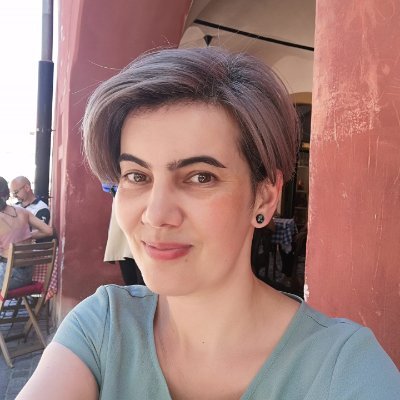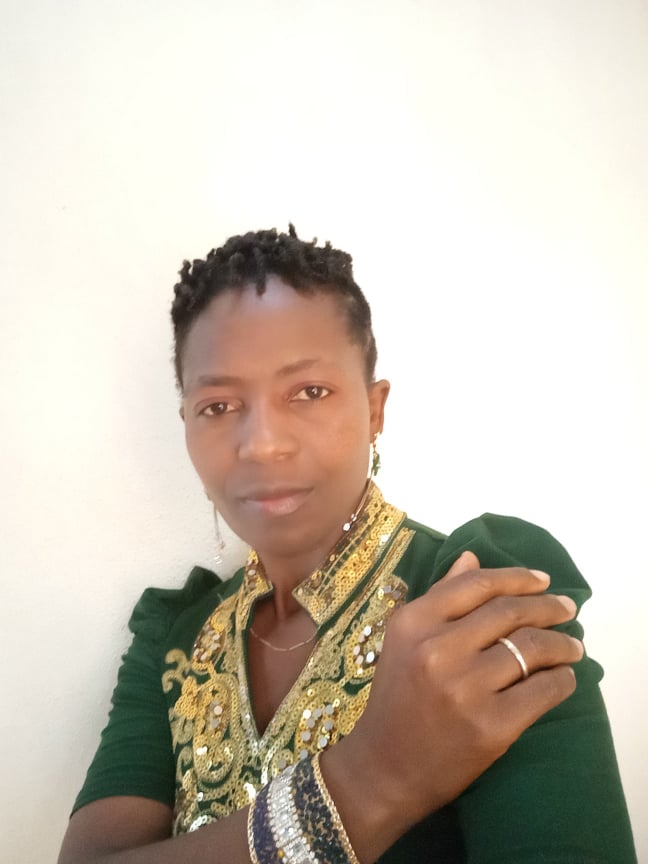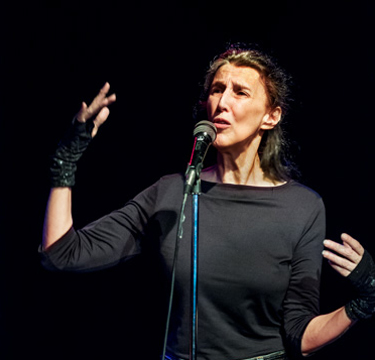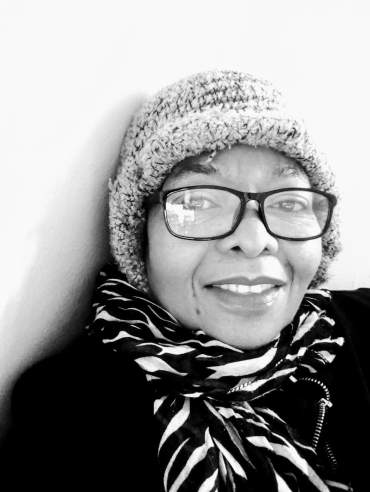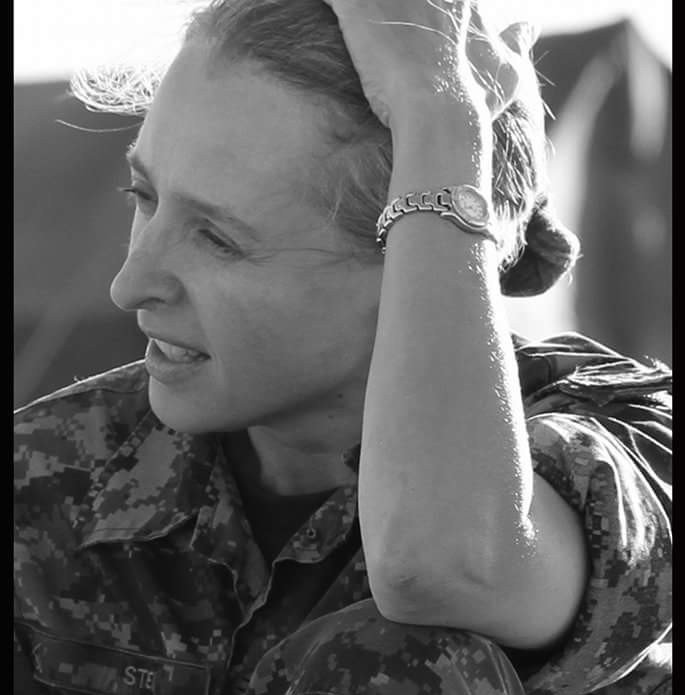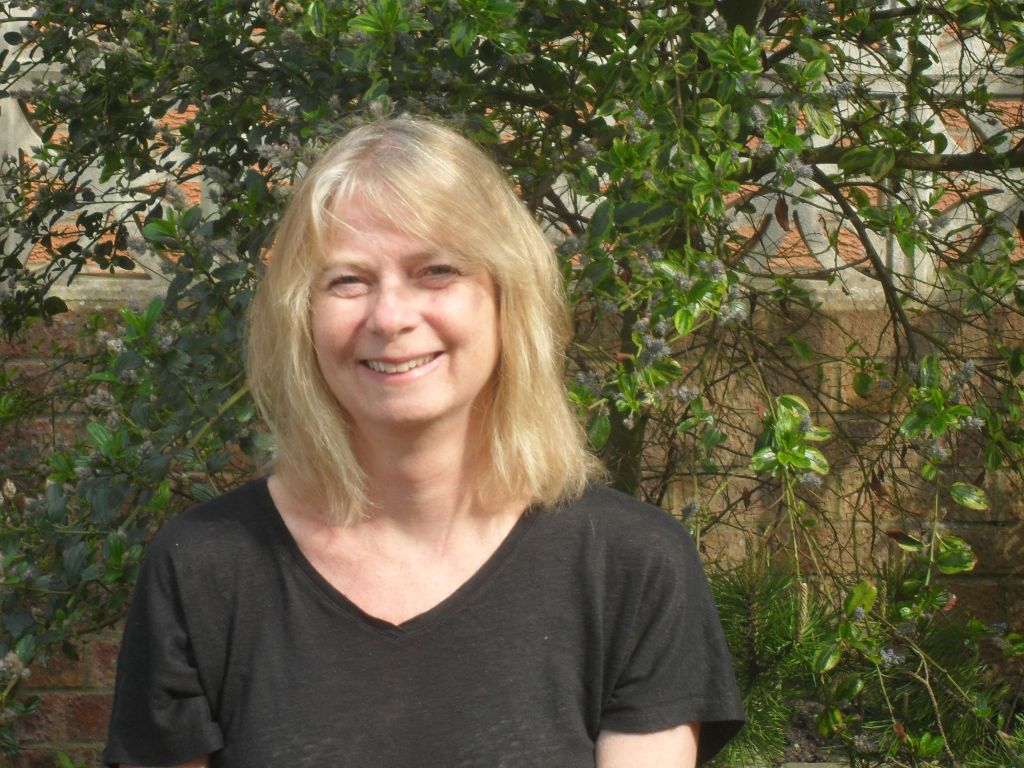Letter from the Editor, Darcie Friesen Hossack

When I began to write this letter, it was March 8th: International Women’s Day.
Needing to drive to the city for an appointment, I ended up far from home, and without secure access to the internet until now. And while I intended to publish this, our 7th issue of WordCity, on a day made with meaning, it didn’t happen quite the way I wanted.
I’m late getting this to you. But what I wanted to write about here, the women I wanted to tell you about, are all still present: My friends. Colleagues. The women of WordCity.
Something that is out in the open, but perhaps not always noticed in this space, is that every editor here at this journal, spread out around the world, is a woman. Every editor a volunteer. Every one an accomplished writer, poet and/or scholar. A few are women with whom I was acquainted before we began this venture. Others, meanwhile, have come into my circle, and I into theirs, and each has made me richer for the knowing.
Sylvia Petter and Olga Stein represent our fiction and non-fiction departments from Canada and Austria, reading, curating and editing with a dedication to this creative space that reminds me every single month, even when I’m deep into layout glitches, that WordCity is so much more than just a journal.
Geraldine Sinyuy, from Camaroon, delights in each book review that comes across her desk, and never fails to send words of joy along with her edits. I look forward to them every month.
Nancy Ndeke and Clara Burghelea, in Kenya and from Romania and New York, read the volumes of poetry that come our way for each issue, making selections, curating for themes, and also advising and encouraging me in ways I cannot thank them for enough. They do it with love, and they do it with grace, and I could not do this without them.
Jane SpokenWord, our street poet from New Orleans, USA, creates our podcasts each month by seeking out and interviewing literary and human rights luminaries from continent to continent. She came alongside, like others, at my request, and I am amazed all the time that this fierce defender of peoples agreed to do what she does.
Sue Burge is the most recent addition to our WordCity family, and in the few months she’s been with us from the United Kingdom, Sue, with her warmth, has brought us literary news and writing advice that reads like a perfectly brewed cup of tea!
And Lori Roadhouse, a day trip away from me in Canada, whose name you see the least, but whose hands and soul are present in every issue, is my assistant managing editor. Lori not only picks me up when I fall down (which happens at least once a month), but also assists in making impossible choices, even working with writers to iron out wrinkles before their work goes to “press.” Lori is the calm to my storm.
And so, to each one of these remarkable women, these literary revolutionaries, I lay down my most profound and sincere bouquets of gratitude.
Sylvia, Olga, Geraldine, Nancy, Clara, Jane, Sue, Lori. You are all the beating heart behind everything we do here, and on what is no longer quite International Women’s Day, I celebrate each your for giving both of your time and your gifts to this thing we’re creating together, called WordCity. (In photographic order: Clara Burghelea, Sylvia Petter, Darcie Friesen Hossack, Geraldine Sinyuy, Jane Spokenword, Lori Roadhouse, Nancy Ndeke, Olga Stein, Sue Burge)
Podcast with Jane SpokenWord:
In this month’s podcast we introduce you to Adnan Mahmutović, a Bosnian-Swedish teacher, writer, and editor, who has written extensively on war, refugees, and immigrant experiences. Adnan became a refugee of in 1993 and landed in Sweden. He worked for a decade with people with brain damage while studying English and philosophy. He has PhD in English literature and MFA in creative writing, and he is currently a lecturer and writer-in-residence at the Department of English, Stockholm University. His stories have dealt with contemporary European history, and the issues of identity and home for Bosnian refugees. ~Jane SpokenWord
Adnan Mahmutović is a Bosnian-Swedish Writer who has written extensively on war, refugees, and immigrant experiences. His stories have appeared in a range of journals including Stand and The Battered Suitcase. Adnan Mahmutović became a refugee of war in 1993 and ended up in Sweden. He worked for a decade with people with brain damage while studying English and philosophy. He has PhD in English literature and MFA in creative writing, and he is currently a lecturer and writer-in-residence at the Department of English, Stockholm University. His stories have dealt with contemporary European history, and the issues of identity and home for Bosnian refugees.
More on Adnan Mahmutovic
and Jane SpokenWord
Fiction
Edited by Sylvia Petter
This month we have two long pieces of fiction and some shorter ones as prose poems. We are pleased to bring a novel excerpt from Daughters of Smoke and Fire by Writer in Exile, Ava Homa, and Harper Collins; a long short story by Welsh writer, Alex Keegan, entitled „Spectacles, Testicles, Wallet and Watch“ from his collection Ballistics; three prose poems by Susan Tiberghien, author, teacher, and founder of the Geneva Writers‘ Group; and a prose poem aptly entitled We Didn’t Read the News by Vienna-based Irish poet, Neil McCarthy. ~ Sylvia Petter
Ava Homa

Daughters of Smoke and Fire
Chapter 14
When his grandpa drew a yogurt mustache above Alan’s lips, the boy dissolved into giggles. Picturing himself with real whiskers thrilled Alan, who thought that facial hair might make up for being shorter than the other boys in his class.
“Your laughter woke me up, you cheeky monkey!” Uncle Soran, youngest of the six uncles and the only one awake, tousled Alan’s hair as he came onto the patio that opened to the yard. They sat around a nylon cloth spread atop a crimson handmade rug to eat breakfast.
Alan laughed again. “Bapir, I want handlebars, please.”
With a chapped finger, Bapir curled the ends of the yogurt mustache on either side of Alan’s puckered-up lips and planted a dab of the stuff on his nose too. Alan collapsed into laughter.
That June morning in 1963, Alan decided that Bapir was the most amusing person on earth. Perhaps he was the reason Alan adored older people and loved to listen to their stories of maama rewi, the trickster coyotes. It hurt Alan that most people with gray hair weren’t able to read or write, that their backs hurt and their papery hands trembled; his dream was to read stories into a loudspeaker for hundreds of elders while they relaxed in a large meadow filled with purple and red flowers.
Grandma brought out more nan, the thin, round bread she had baked in the cylindrical clay oven dug into the basement. Alan made his own “bulletproof ” sandwich: fresh honeycomb mixed with ghee. “After I eat this, I can run faster than the bullets,” he said.
“Our monkey is growing up, and yet we all treat him as if he is a young child!” Uncle Soran said, making his own bulletproof morsel.
Continue Reading…
Susan Tiberghien
Star Chair
A first photo shows him six months old, sitting in a small straw chair. A second photo show him one year old, upright, holding on to the back of the same straw chair.
He’s now two years old. We’re waiting at the airport. When we try to stand him on his own, he falls hard on the floor. The straw chair stayed behind in Saigon.
Continue to 2 more prose poems…
Alex Keegan

Spectacles, Testicles, Wallet and Watch
Late February, 1991. Friday.
Friday afternoon, very cold, and Thomas Smith, sales manager, leaves his London offices for home. Tom has left a little early. Once a week he allows himself the chance to beat the crush of commuters travelling from Waterloo to the South Coast. He knows that the 15:30 train to Weymouth will be at worst three-quarters full, and that the one after that won’t have an empty seat. Tom hates to board anything later. He knows that any train after 15:45 will be little better than a cattle-truck.
As Tom walks across Waterloo Bridge he rehearses a new joke, one he heard today at lunch. The wind off the Thames is vicious but Tom’s eyes shine and he walks on. In December he had his first million-pound month and tomorrow his sales force are coming to a party to celebrate. That’s why Tom wants to remember the joke. He chants the punch-line almost like a mantra. Tom is 33.
While Tom Smith mutters and smiles despite the wind, in Amman, Jordan, Mohammed El-Hassi Siddiqi, 34, a physician, from Basrah, Iraq, is boarding a Jordanian 747 bound for London Heathrow Airport. El-Hassi is wrapped against the early evening chill and shivers, but it is not because of the cold. Elhassi is scared of flying. As the Jumbo Jet begins to roll, he prays.
Tom and El-Hassi are carrying briefcases and they both carry paperback books to read on their journey. When El-Hassi was studying in England he became a fan of the thriller-writer Dick Francis. He has Reflex to read on the flight, and is pleased, knowing he should finish it before the plane lands in London.
Tom Smith used to read every new Dick Francis but now thinks life’s too short. He is carrying Winning by Intimidation and a collection of poetry from soldiers of the Great War.
Tom and El-Hassi travel west. They do not know each other, nor will they ever see each other or touch each other, but they are destined to meet the following Monday in dark, unusual and desperate circumstances. On the Jumbo Jet, El-Hassi drinks orange juice and reads his novel. On the express to Southampton Tom first tries to read the business book, snaps it shut, then tries the poetry. But he can’t concentrate or get in the right mood. He drinks a second Bells & American to take the edge off the nagging ache in his gut.
Continue Reading…
Neil McCarthy

We didn’t read the news
I was at my usual booth, half a cold cappuccino
in front of me, my daughter crawling over my lap
in an attempt to crayon the paper I was reading.
The man at the table across the floor looked like the
prison warden from The Shawshank Redemption.
Whatshisface. I’d seen him in a few things recently.
He smiled. Stared just long enough for it not to be
awkward. Probably had a flashback of his little one
doing the same some forty years or so before.
His wife lowered her newspaper too and looked over
at my daughter, watery-eyed, as if picturing herself
at the same age; not a care in the world and more
concerned with colouring things in than reading
Continue Reading…
Non-Fiction
Edited by Olga Stein
Patricia Paterson
Wreck Beach, a memoir and poem
Vancouver
Rudy’s Instagram photo of the weathered driftwood poles on the sand got 12 ‘Likes’. It was a pinkish-grey sunset shot of Wreck Beach, in Vancouver—the kind of photo that makes you want to be there.
RT and I were yearning for the Pacific and a seagull or two after an icy winter storm hit Alberta in April. Of course, most Canadians crave a beach all winter long!
My three cousins were born in Alberta and then moved to Vancouver. In our landlocked province, we spent many holidays together as children. My family would visit Rimbey, Alberta at Xmas, Easter, and summer holidays. Small-town childhood memories were all there.
Long tables of turkey dinners, the playhouse outside, horses to ride, and trips to our grandparents’ farm in Grandpa’s big-finned car or trucks. The farm in the spring guaranteed muddy views of colts, appaloosas, palominos, pinto ponies, wild and unbroken. Horsemanship was not my habit, but my cousins and grandparents lived in that world.
They wore gumboots most of the year. My city shoes failed me in Rimbey. The foals and barn kittens, pussy willows, and Gramma’s spirit linger in my dreams.
Our ambitious grandparents operated the local theatre in the town. The Empress Theatre stood with an art deco façade on Main Street, next door to the Chinaman’s Café. They worked their farm by day and the theatre by night. Townspeople lined up outside for the nightly movie every day except Sunday.
Lillian, our Gram, controlled the white house lights, sold theatre tickets, and ran the concession, selling popcorn, candy and soft drinks. Grandpa Albert sat at his desk in his theatre office studying bills and receipts. He was ‘back of house’ and Lil was ‘front’. Above the office door was his name and a sign with ‘Proprietor’ on it. The red velvet ropes kept the other kids away from his office. Grandkids got in free.
Continue reading memoir and a poem…
An Interview with Marc di Saverio, by Olga Stein

MdS: Let me first express how tremendously honoured I am to be interviewed by you, Olga; I am truly blessed and grateful to have been invited to converse, here. I am sorry that my hand injury has prevented us from doing this sooner. Unfortunately, I can only type with my left hand and the index finger of my right hand. Luckily, my father met, by chance, the son of one of his ex-students (my father is a high school teacher of Languages), a young Bowen Therapist, named Justin D’Amico, whose Holistic Bowen and Fitness has not only changed my chances of restoring my hand, but even sectors my mind and soul. Justin has already restored about 75 percent of my hand, when other doctors wondered if true improvement was even possible. Justin D’Amico has been a godsend, and he believes my hand will be fully restored.
I think it is important to note that although manic-depression can be a disability, it can also be a super-ability, since medical researchers have concluded that there is a link between manic-depression and genius, when they discovered Neuregulin 1. At the same time, I cannot deny that my disability/super-ability, has been incapacitating. By the way, Not ALL people who are manic-depressives are geniuses. Still, manic-depressives, it has been proven, are more likely to possess a great creative gift—or genius—than people without manic-depression.
Continue Reading…
Books and Reviews
Edited by Geraldine Sinyuy
Andreea Iulia Scridon
![Stephen's Landing: A novel by [Gregory Vincent St. Thomasino]](https://m.media-amazon.com/images/I/51y+8+eR22L.jpg)
Stephen’s Landing by Gregory Vincent St. Thomasino, Adelaide Books, November 2020
Stephen’s Landing is a postmodern Bildungsroman, a complex fresco of cinematic positives and negatives, of multiple planes and universes, as the title itself suggests, for a neoromantic cosmic trope, characterized by a mix of enigma and possibility, weaves its way in and out of the book and protagonist Stephen’s thoughts. The connection between the name Stephen and the concept of the Bildungsroman is no coincidence: like St. Thomasino’s earlier “novel in parts”, Stephen’s Lake (xPress, 2004), this work of prose seems to be obviously inspired by James Joyce’s The Portrait of the Artist as a Young Man (whose own protagonist is named Stephen), using the same techniques of stream-of-consciousness, self-portraiture, and idiolect to create an ode to childhood and youth, though St. Thomasino is less picaresque and more ethereal than Joyce, and more of an impressionist than a radical experimentalist, in the sense that the narrative is fragmented in the way that an art exhibition is, in which the individual pieces come together to suavely and intuitively present a concept: “I can observe her dressing from my pillow. I am susceptible only to her hair. Wheat blond”, he writes (p. 5). Overall, it isn’t difficult to discern the tradition within St. Thomasino’s writing, but his chosen structure seems more akin to Théophile Gautier or Gérard de Nerval: “Susanna was sincerity. And now that I’ve remembered her for you, I miss her” (p. 51).
Continue Reading…
Literary Spotlight and Writing Advice
with Sue Burge
Sue Burge with Elżbieta Wójcik-Leese

Photo by Peter Leese
Translanguaging: A conversation with Elżbieta Wójcik-Leese
This month I’m really excited to have the opportunity to talk to Elżbieta Wójcik-Leese, who is a multilingual poet, literary translator, editor, cognitive linguist, scholar, artist, and so much more! Elżbieta combines her experience of living and working with/in languages with a multitude of advice to writers, which will help us all to explore our one and only tool – language.
Elżbieta, how did you get into translating? Did you train as a translator or did it happen by default?
I’m 11, in Poland; my mum buys me Anne of Green Gables and I fall in love with the book. I know I’m reading a Polish translation; that’s why I decide to translate the book back into English, so that one day, when I can buy the original, I will be able to compare the two English versions. In case you wondered: I translated only a couple of pages, defeated by the plant names my dictionary didn’t list, but I did buy the original, many years later, in Prince Edward Island.
I’d say that my passion for reading (which I hope the opening anecdote illustrates) and my literature studies have prepared me for being a translator, though I didn’t attend a Translation Studies programme. There wasn’t such an option at the time when I went to the university in Kraków, Poland, but I chose to read English. I lived in the UK and USA; I taught literary translation at the Jagiellonian University; I cooperated with the British Council, Literature Across Frontiers, Scottish Poetry Library, European Literature Network, Modern Poetry in Translation and Poetry Wales; I organized poetry-in-translation readings and seminars, commissioned translations and reviewed translated poetry books. All these activities have supported me as a poetry translator – they’ve allowed me to engage with writers and readers to whom translation is equally important.
I often think that I had to become a translator in order to make sense of my own multiliterate biography. I was growing up in Poland, but English is my home language. In 2009 I moved to Denmark, which is practically bilingual. Here I can contemplate the global reach of not only English, but also Danish, the ‘dominant’ language of Scandinavia. Speaking of the presence of literary translation in my life: as a newcomer, I was learning Danish via English translations of, for instance, the poet Inger Christensen, to counteract the boredom of my Danish language classes that relied heavily on so-called grammar translation. Since I had four years of Latin in my secondary school, which I truly enjoyed, I could – rationally – appreciate the method, but I wasn’t persuaded by the grammar drills as the main form of engaging with the language I hoped to inhabit.
Continue Reading…
Poetry
Edited by Nancy Ndeke and Clara Burghelea
Andreea Iulia Scridon
Tristiana June today, and June’s days blossom one by one, as does the rose’s miraculous swirl, and its shame, and so do cruel amoebas and enchanted beetles, and thoughts of every crazy kind, it seems we model summer’s days from wet clay. It seems that my mother, Cristiana, my mother, Tristia, is already that legendary tuberose of ancient photographs, but long a pillar of salt. The spirits that walk our house make the oven twitch, and it seems I am afraid to leave this prison, afraid of someone so free, someone like me. It seems I am closer in June than any other to our neighbors in the solar system. Yes, in June, I’m closer to the whole solar system than any other, following the paper airplane in the sky, that bird with the iron beak, accumulating those distant lands in greed and hurry, the machine made to save me against my uphill movement against the downhill spin of the earth, under the moon’s rheumy eyeball...
Continue to 2 more poems…
Corina Oproae

Anastasis She died at night I mourned her three days, then I lay beside her patiently waiting for her to resurrect. I was told that someone among us, who was a saint, rose from the dead on the third day and then ascended into heaven. She was a saint too, I thought, and while I was waiting, I had a heavy heart and I feared that instead of staying she too would ascend into heaven.
Continue to 2 more poems…
Holly Mason

A Wolf Howls: Or when the poet reads in Kurdish and I cry The sounds are at once both warmth and displacement. A childhood memory in every line. She asks me why I cried? I miss my mother. Her name: Full Moon. I miss her light. * In the memory, our faces mirror— quivering chin and wet eyes. The gap between us born out of her vision for me. “You can have these pearls when you get married.” As in marry a man. * I make feta and date eggs and then weep over the plate. Every time I see a mother and teenage daughter my throat closes. * She was a child toggling between two languages. Only Arabic in public; Only Kurdish at home. What happens when your language is a crime? * My beloved’s last name translates to Light of the Full Moon. Early on, I thought this was fate. Even six years later, we say goodnight with the lights on. Her love is tangible. * I cried because I’m torn in half— A wolf howl stuck in my throat. A date pit lodged. A friend tells me about our family name— Khoshnaw—a tribe known for both courage and stubbornness. The myth goes: A man tries to hammer a nail into the wall, but it won’t go through. A Khoshnaw on the other side. * So, what happens then when each person is praying for the other’s heart to change?
Continue to another poem…
Sevda Akyus

notes towards an operation let my solitude see me off a woman’s voice in the next room hard as it may seem I celebrate life in a blue room awaiting laparatomy ‘cos there is a big lump in my belly like a watermelon said an orderly elated and mildly sedated all is well like camus said at dawn before the firing squad readiness is all the whole world and one’s own past and future balled into one moment’s intensity of perception when I cease to care what either might hold in store
Continue to another poem…
Zdravko Odorcic

THE SCENT OF HOLOCAUST For a long time I have been digging the hardness of the ground With my nails I touch the paleness of the skin unknown Wondering how they are my unmoving neighbours Coldly rigid laying or curvely dead I don’t know where you arrived from and when the death touched you I feel your closeness from lands away Pain and suffering still screaming from your mouth The strongest is the scent of holocaust of your burned souls I count the pellets in a number of holes in head Blood has already dried in empty eyes With your bodies the earth is covered As the food to some better words Man is anyway the only being That cruelly destroys himself alone Hopefully from these dead bodies new ones could born As these did not deserve this world.
Continue to 2 more poems…
Christopher Galano

The Word za Anu I met a man who sang of lilies down-spiralling on a bier garden— who sang of ivory petals alighting ashen corpses and red dust— who sang of dancers kicking up red dust into the atmosphere— who sang of dancers banging glasses, splashing drinks on ashen corpses— who sang of dancers unaware of any lilies anywhere. He offered me his spirit which was carried on the word. Have you ever met a spirit that was carried on the word? In the beginning was the word. I met a man who showed me the beginning. Inside us grows a germ now broken from the primordial gyre, which eyed itself on static water and, coming of age, did not drown within the beauty of its own image. Inside us grows a germ now spinning its own currents, which, strengthening, kills the fang-toothed, the snake-haired, to break from Mother’s constricting care. Inside us grows a clever germ erecting worlds of stone and steel and thought and word— worlds raised out of a gentle womb left razed within rotting encasements, entombed. Inside us grows the lonely germ we have assumed.
Continue Reading…
I.B. Iskov

Nocturnal Inspiration White light spires glow in magnificence from one small candle. Flickers of fallout land on my lap while writing a brand new poem in brilliant quietness. One fanciful flame keeps me wakeful between the fire and the flash, between nightfall and morning.
Continue to another poem…
SUN Qian

Dusk Valley (Translated by Yin Xiaoyuan) This nameless graveyard is overrun with weeds. When I was strolling down here I found a blue flower. I do not know its name or for whom it is blooming so fiercely with its solitary colors on the horizon at the end of the valley. With abstract strokes like oil painted along it, like some childish scribbles I had seen somewhere recently. There are pheasants crowing, echoing in the silence, scattered under the trees and on the cliffs. A drop of swiftly condensed light falls into the blood of my heart – I recognize you as the very first star on the horizon.
Continue Reading…
Eva Tihanyi

A 21ST CENTURY POEM FOR GLORIA STEINEM 1. Start with this: a man on a sidewalk, a large man on a narrow sidewalk, the sidewalk in a midnight city, any season. Across the street a woman reaches her doorstep, fumbles for keys in the darkness. This could be 1972 or 50 years later. Fear is timeless. 2. No solace in windows if there are no doors. But when a woman understands herself, she can bring down a world. There is hope in this, always. 3. I see my young self more clearly now as one can see the whole forest only from a distance. She stands still as a tree, her roots deepening. Soon she will pull free, begin her race toward comprehension. Look at her run. There is a fierce push in her. She is intent on alighting.
Continue Reading…
Paweł Markiewicz
The dreamery inshore A dreamed ship has gone aground at the most marvelous and dreamiest afterglow. The mast adverts to orientation of a tender Morning star. Seafarers died at midnight feeling the sea-like fantasy. The wind wrenched a canvas, such a Golden Fleece, to the piratical islands. The sea is waving in the rhythm of siren-like Terpsichorean art. On the sandbank a letter in bottle lies with a sonnet to king Poseidon, written by a dead sailor. A rock inshore - like a custodian of the eternity is waiting for Apollonian dreams. A cloud is as If it came from the meek paradise-heaven, it manifests a weird-like seriousness of the moments.
More on Paweł Markiewicz…
Josephine LoRe

the flypaper motel she was six, maybe seven unbuckled, back seat of the Catalina John Coltrane on the radio the first time that she passed it the Flypaper Motel words suspended like motes Mother’s eyes averted Father's look lingering long as it receded to nothing in the rear-view mirror a speck on dry horizon the Flypaper Motel and there it remained an insect caught in the web of memory no co-ordinates, unmapped until she ran away from home at sixteen, maybe seventeen the year her mother died hitched a ride, nail polish chipped, mascara smudged army surplus bag slung destination inconsequential raining hard, hair wet, cold on bare shoulder as she climbed into the cab of the hauler
Continue Reading…
Marion de Vos-Hoekstra

Pheromones Shamelessly they quiver in Spring breeze like pink tongues of panting dogs, lust for sun, breathe out those invisible vapors to seduce their pollinating lovers: no conscience, those flowers, or is there? Animals flehm, a grimace on their faces, curl their upper lip like a smile, bare their teeth, not for aggression, but for the scent of love. It seems, we, humans, send those signals without knowing.
Continue to 2 more poems…
Lang-Hoan Pham

Rice cake for Tết It comes to you steaming on a plate, tight wrapped, a hospital-cornered cushion of leaves. First you cut the strings – tied into a loop so it could be fished out of boiling water. Fingers inured to heat you lift off the layers, no need to be careful anymore. You can peel them away in long thin strips that turn stickier, hotter until the last leaf fused onto the mound of glistening rice, squared, green-tinged and redolent.
Continue Reading…
Zakaria Abdul-Hakim

IT IS TIME It is time - I hear trumpet call A new dawn has dawned Let's smell the sweet fragrance of peace While dining on the table of humanity. It is time we kiss the breeze of unity And light up every corner with love It is time to stitch our differences While joining hands to stand firm Without differences and misunderstanding Let our covenant with God Be renewed, protecting earth With our might. It is time To redefine love objectively Lest, it shall forever remain in dictionaries -Abstract butt not real
Continue to 2 more poems…
Mansour Noorbakhsh
Bread and Shame I open my eyes but I do not see the world. I see a child dreaming of rain in a thirsty desert that has forgotten the moment. And the song of its spring wraps itself in the cedar-shape-skirts of little girls, forgotten in a thousand-years-old-maze design that has forgotten smiling. The little children that have never seen themselves. That have never tasted love but shame, impregnated with the smell of bread. I open my eyes and I do not see myself
Continue to another poem…
©®| All rights to the content of this journal remain with WordCity Literary Journal and its contributing artists.
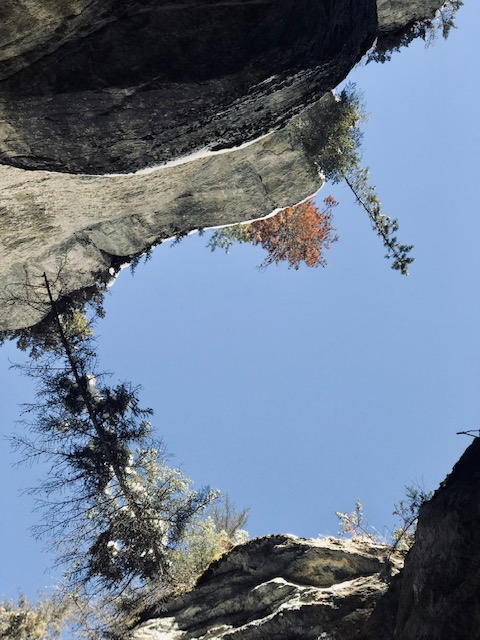

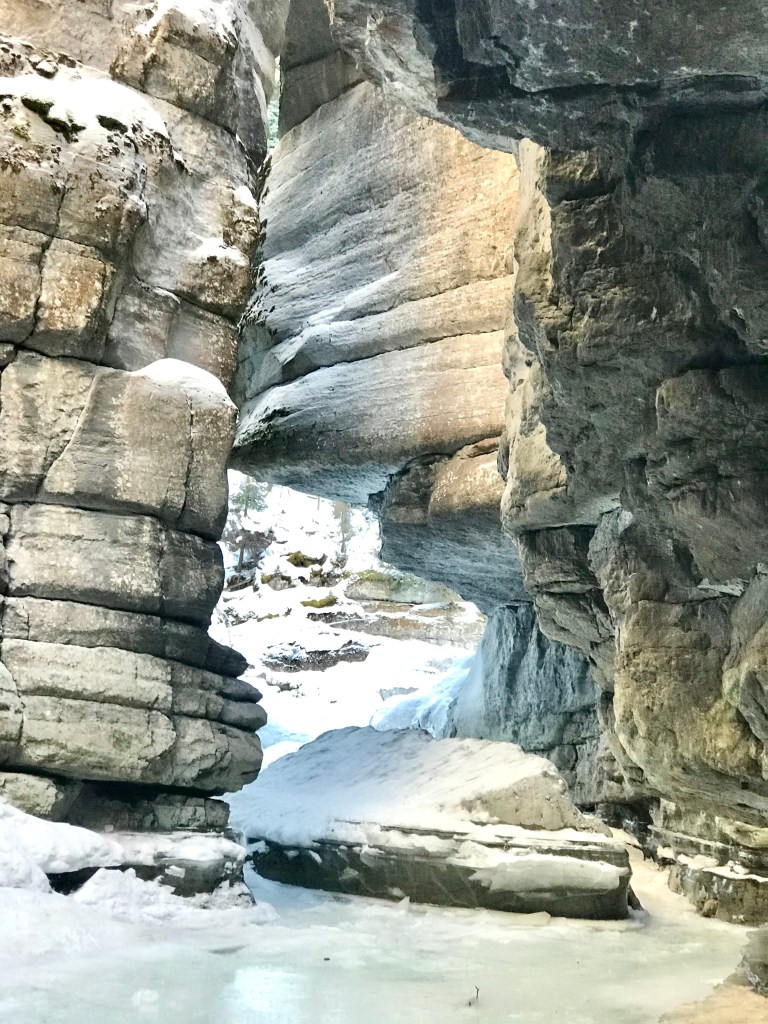



photos by @DarcieFriesenHossack
